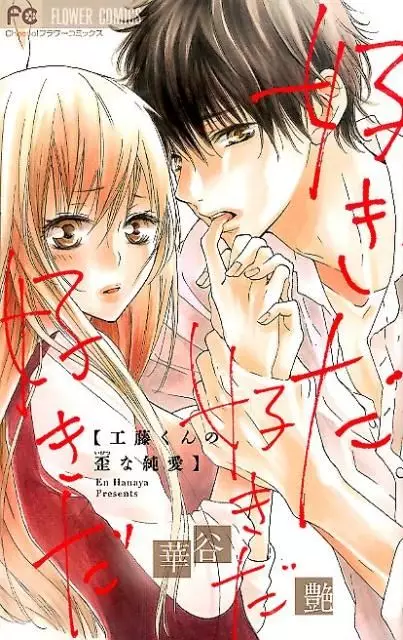

I studied hard everyday, therefore, I am now able to speak Japanese fluently.Dakara, nihongo ga ryuuchou ni hanaseruyouni narimasita. According to the weather forecast, it’s going to be heavy rain today, so I decided to study at home today.Sokode, kyou wa ie de benkyou wo suru kotonishita. Tenkiyohou ni yoruto, kyou wa ooame no youda.そこで (sokode) and したがって (shitagatte) appear more regularly in formal or academic situations. People use だから (dakara) commonly in small talk. したがって (shitagatte) – thus, therefore, in this way.それで (sorede) – and, and then, therewith.だから (dakara) – so, therefore, consequently.そのため (sonotame) – so, therefore, for that reason, consequently.Here’s a list of resultative Japanese conjunctions: They imply a natural result or a conclusion that follows what was presented earlier. Resultative conjunctions are namedじゅんせつ (junsetsu | 順接) in Japanese grammar. However, only, but, on the condition that Too, also, as well, besides, moreover, while Though, however, still, yet, nevertheless, despite So, therefore, for that reason, consequentlyīut, however, still, and yet, nevertheless Here is the list of Japanese conjunction words in Hiragana and in Romaji. Let’s learn Japanese words with simple translations and example sentences. In this section, I’m going to introduce you to some of the most common conjunction words in Japanese. I bought a Japanese book, but I couldn’t read it because there were many kanji. Nihongo no hon wo katta noni, kanji ga ooku te yomenakatta. I’m hungry, so I’m going to have a snack.

Let’s take a few examples of sentences using Japanese conjunctive particles along with an adjective and a verb. These are the common Japanese conjuctive particles:

However, they’re always together with conjugational words verb, adjective, adjectival noun, and auxiliary verb. They act as a connector and look similar to conjunction. Japanese conjunctive particles are called せつぞくじょし (setsuzokujoshi |接続助詞).


 0 kommentar(er)
0 kommentar(er)
